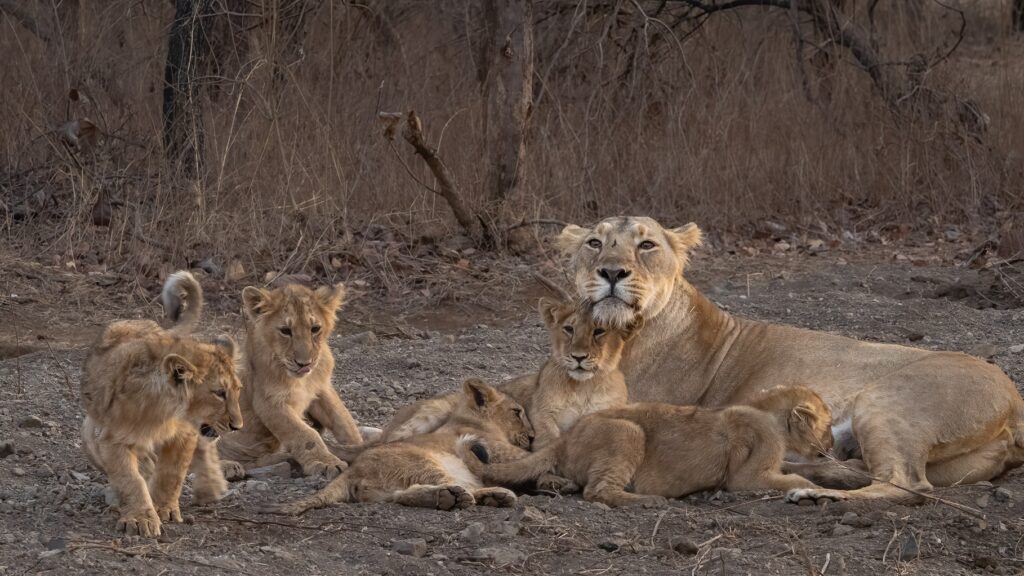Nestled near nature, many hoteliers have the primary objective to preserve the surroundings, transforming our resort into a plastic-free zone.
Evolve Back stands as a beacon of sustainability, showcasing a commitment that goes far beyond conventional eco-friendly practices. At the core of their environment conservation practices are three critical resources: waste, water and energy management. Our resorts are meticulously designed and operated with sustainable principles, incorporating rainwater harvesting, efficient waste management systems, and reliance on renewable energy sources such as solar and wind energy.
Evolve Back holds a profound commitment to the preservation of the unspoiled wilderness in our various locations, as it is the cornerstone of their existence. Embracing a model that prioritises “high value, low volume,” minimising their environmental footprint, delivering authentic local experiences, and nurturing a symbiotic relationship between our properties and the surrounding wilderness are some things we dedicatedly practise.
Adhering to the principle of ‘Act local, think global,’ they have embedded themselves in local communities by prioritising local hires. A significant majority of our staff is recruited from the local communities, fostering a dynamic exchange where both local and non-local team members contribute to and learn from the rich cultural diversity. The team is dedicated to sustainable practices by incorporating eco-friendly measures in the design and operation of new properties. This includes minimising environmental impact, sourcing materials locally, and embracing energy-efficient technologies. They also extend our community-focused initiatives, adapting them to the unique needs of each new location. Whether it’s supporting local businesses and culture, establishing educational programs, or initiating health initiatives, our goal is to tailor our engagement to the specific context of each location.
It becomes even more important to ensure sustainability in the wilderness because every step we take, every little thing that we do will have a direct effect on the environment around us and will impact the overall ecosystem. For example, if we do not take care of the water body and say we pollute it, we will not be able to maintain the healthy aquatic life. Same goes for the indigenous trees and plants.
Educating the localities and ensuring they embrace the sustainability initiatives can also get quite challenging, because sometimes they lack the education and fail to see beyond their practices. So to align your needs with theirs is a challenge.
The Aramness family, have committed to best sustainability practices right from the beginning. Since the start of the project, around 5000 indigenous trees have been planted in our lodge. Watering holes have been dug to collect rainwater, so freshwater is available throughout the year for flora and fauna in and around the lodge. Kitchen waste is used in our Biogas plant, which converts waste into biofertilizer, which is then used in their Edible Garden.
They also provide support for projects that lead to the development of villages around and encourage the inhabitants to live greener lives. Moreover, the majority of the vegetables we buy for our lodge come from suppliers within a 15-mile radius of our lodge. 60% of their employees are residents of the neighbouring villages near Gir National Park.
Benefitting the local community is one of the pillars on which CGH Earth rests, and Wayanad Wild has been supporting and depending on the small-scale vendors from the surrounding villages. Our chefs also work closely with the tribal community to popularise their food culture, in turn bringing awareness and continuity of their traditions. They work closely with the local Responsible Tourism Mission and through them, support and build awareness of the arts, crafts, architecture, local traditions, and farming practices of the different tribal communities of Wayanad.
Read the full story that first appeared in Hotelier India’s Dec 2023 issue here:

